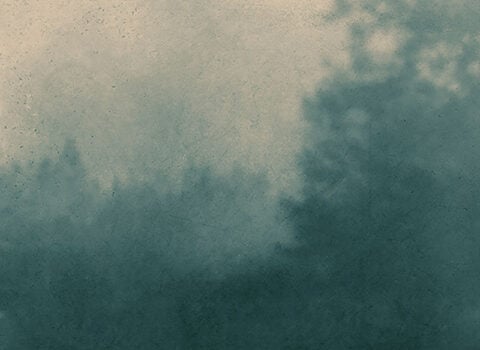Malaga Girl, Navigation of Bones, by Daniel Minter © The artist. Courtesy Greenhut Galleries, Portland, Maine
Like William Faulkner’s Yoknapatawpha County or Marilynne Robinson’s Gilead, Paul Harding’s imaginary New England town of Enon is repeatedly evoked in his work, giving its name to his second novel and playing a significant role in his latest, This Other Eden (W. W. Norton, $28). The title refers to somewhere new: Apple Island, off the coast of Maine. Apple Island is based on Malaga Island, which, a brief epigraph explains, was “home to a mixed-race fishing community from the mid-1800s to 1912,” when…

























































































